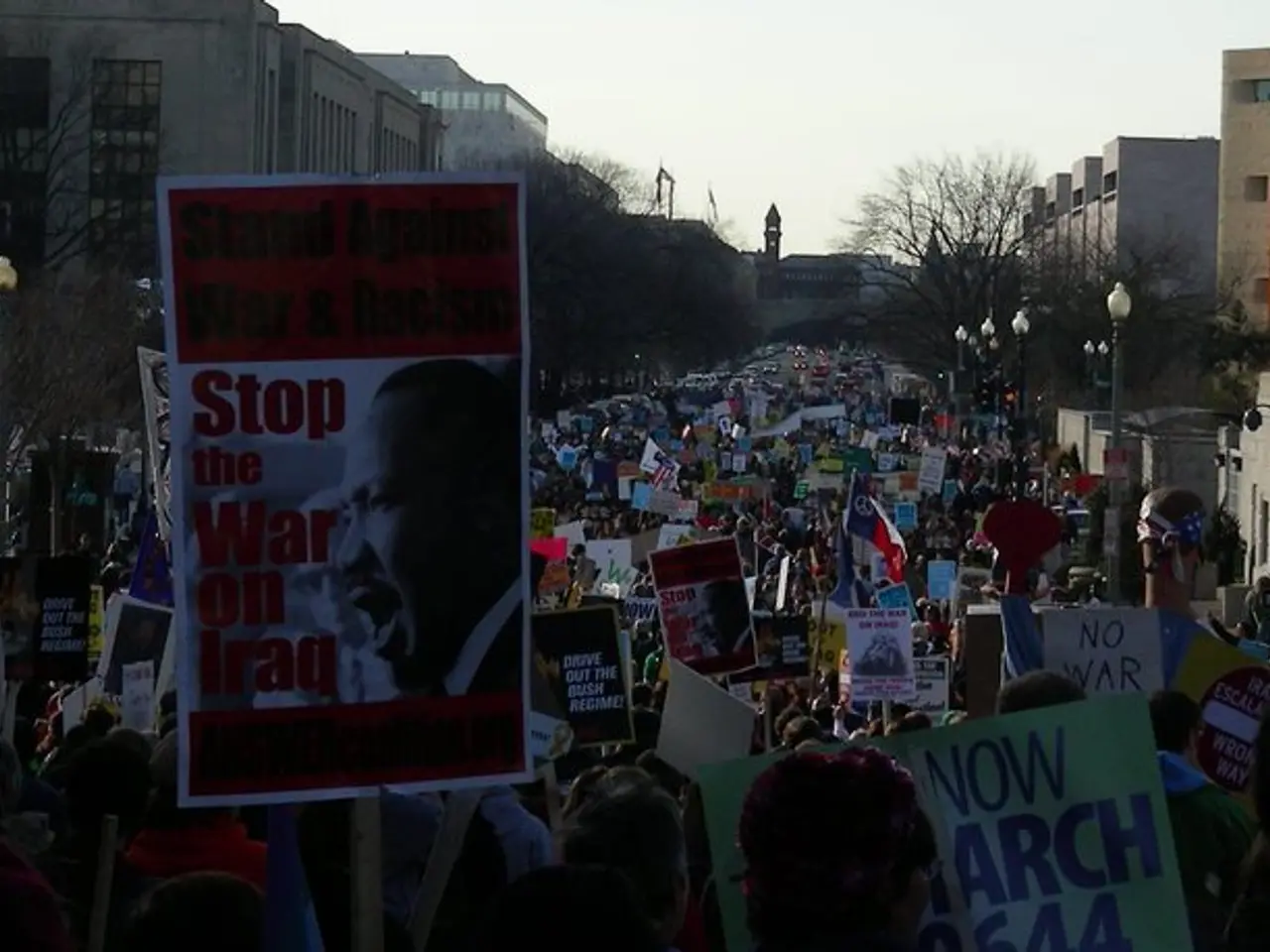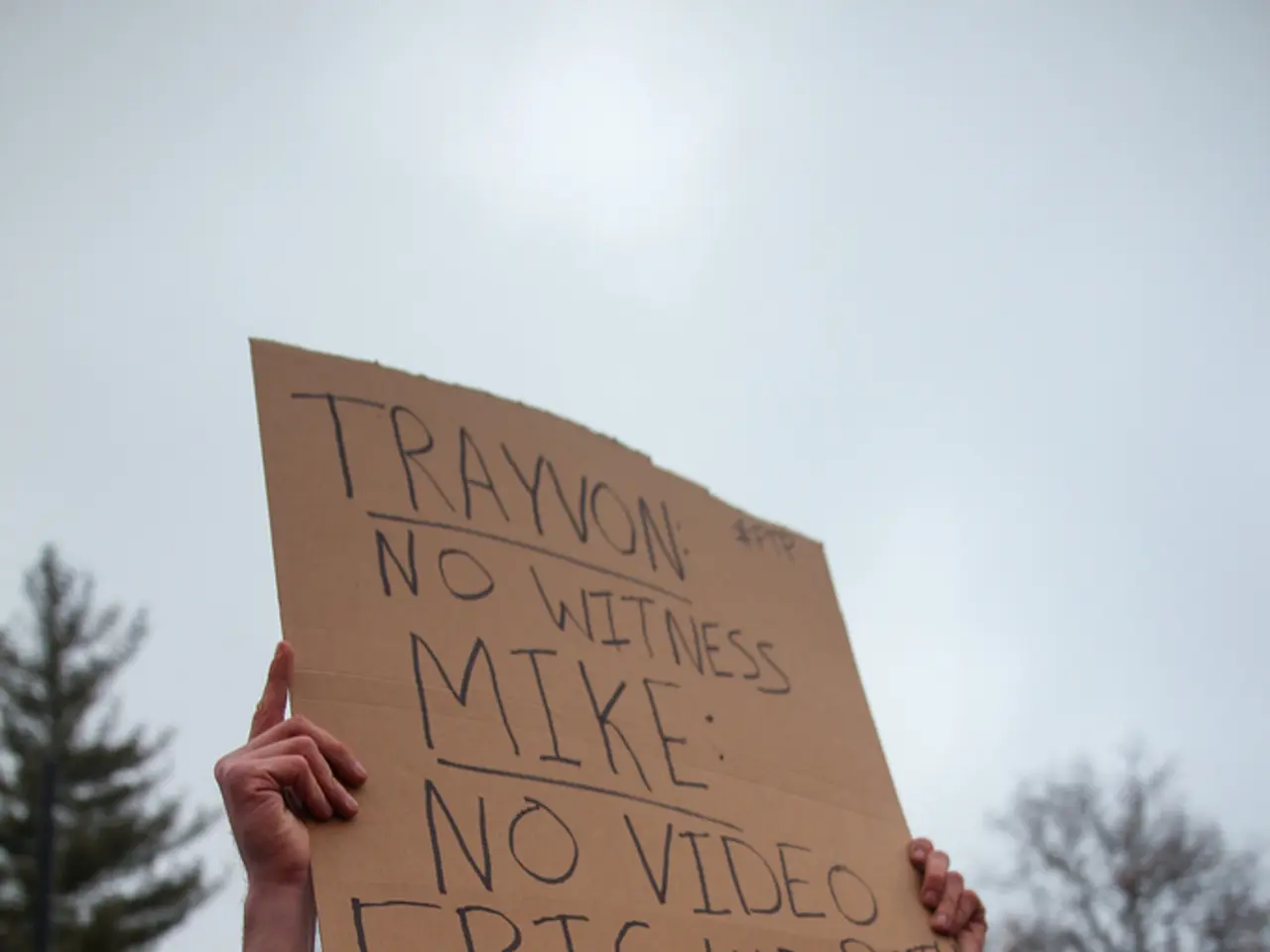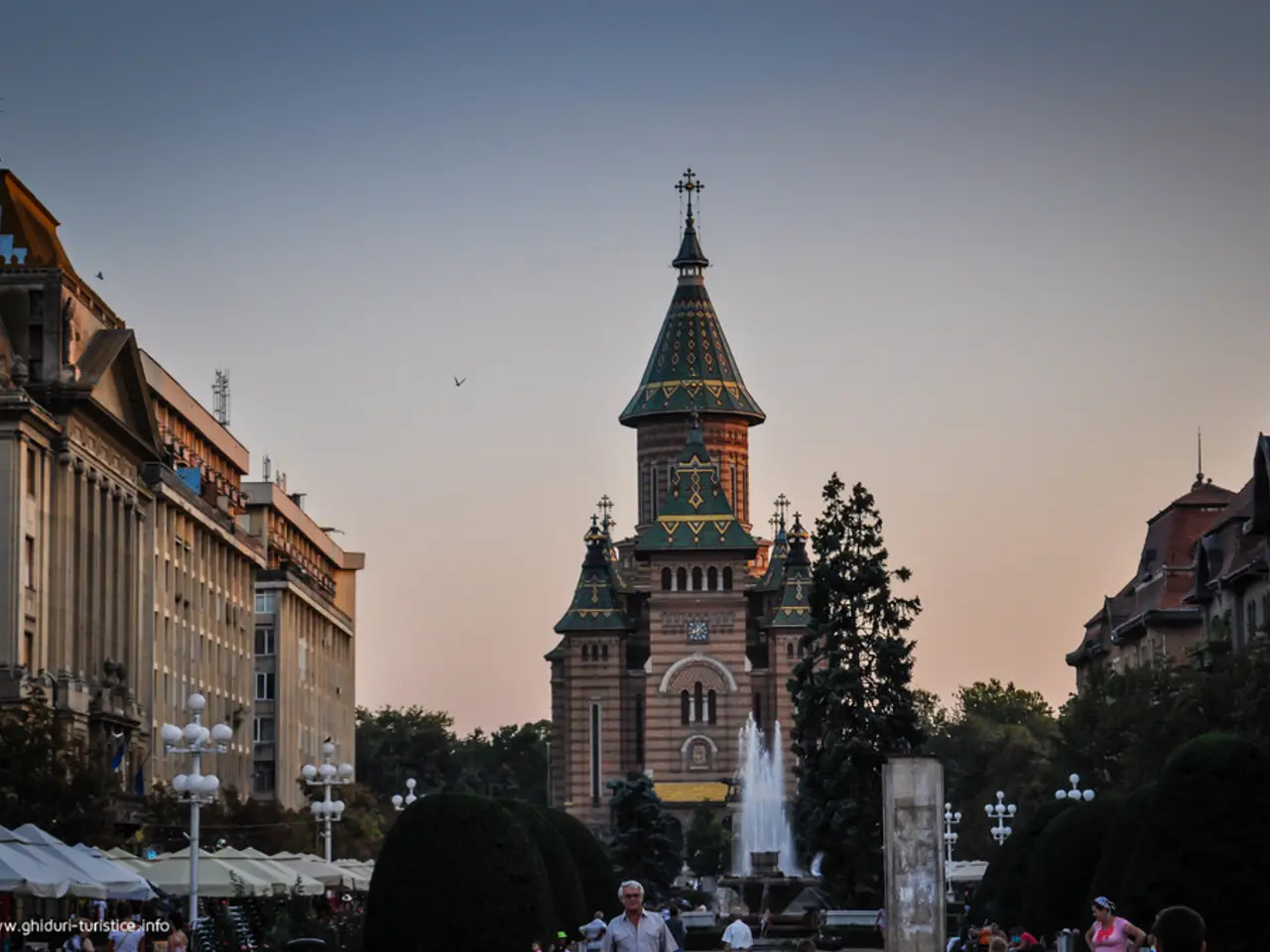Videos Highlight Dangers Faced by Bloggers in Bangladesh for Expressing Freethinking Ideas
Bangladesh, officially a secular nation, has seen a rise in targeted attacks against individuals challenging religious norms in the past decade. This is evident in the tragic deaths of six secular writers since November 2014, including AKM Shafiul Islam, Faisal Arefin Dipan, Avijit Roy, Oyasiqur Rahman Babu, Ananta Bijoy Das, and Niloy Neel.
In 2013, blogger Ahmed Rajib Haider, a key figure in the Shahbag movement, was brutally murdered outside his home in Dhaka. The movement, which rose to prominence in 2013, was a massive protest demanding the death penalty for war crimes committed during Bangladesh's liberation from Pakistan in 1971.
The secular and progressive voices have not only been targeted physically but also face legal harassment and intimidation. For instance, a leading Bengali daily, Amardesh, published a series of inflammatory articles featuring selective excerpts from several blogs written by Shahbag protesters, stripping their writings of context and accusing them of blasphemy.
Criticism of Islam, Allah, or the Prophet can lead to charges of blasphemy, a crime punishable by death under laws such as Section 57 of the ICT Act (2006). The government has been criticised for actively cracking down on secular and atheist voices, using vaguely worded cyber laws to persecute minorities and dissenters.
Under the interim government led by Chief Advisor Dr. Mohammad Yunus (since August 2024), press freedom has deteriorated significantly. Approximately 878 journalists were targeted from August 2024 to July 2025, a 230% increase in attacks compared to the previous year. The replacement legal framework, the Cyber Security Ordinance (2025), maintains ambiguous provisions that enable repression of journalism under the guise of preventing “public confusion” or “anti-state acts.”
Despite this, Bangladesh's highest court has agreed to consider a petition challenging the status of Islam as the state religion, with the hearing scheduled to begin on March 27, 2016.
In conclusion, free speech in Bangladesh is under severe pressure, especially for secular bloggers and critics of religion who face censorship, legal persecution, and violent threats, amid a broader crackdown on independent media and civil liberties.
- Politics in Bangladesh has seen awareness and uproar around the freedom of speech, particularly in the realms of general-news and crime-and-justice, due to increasing violence towards secular bloggers and critical voices.
- The deterioration of press freedom under the interim government, as demonstrated by the rise in attacks on journalists and the ambiguous Cyber Security Ordinance, has further complicated matters for secular bloggers and general-news outlets operating in the fiercely contentious and religiously charged political climate.







